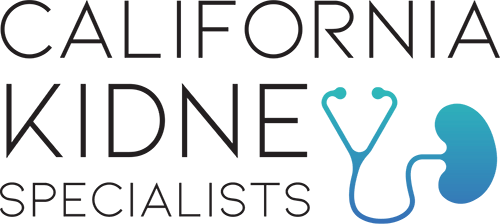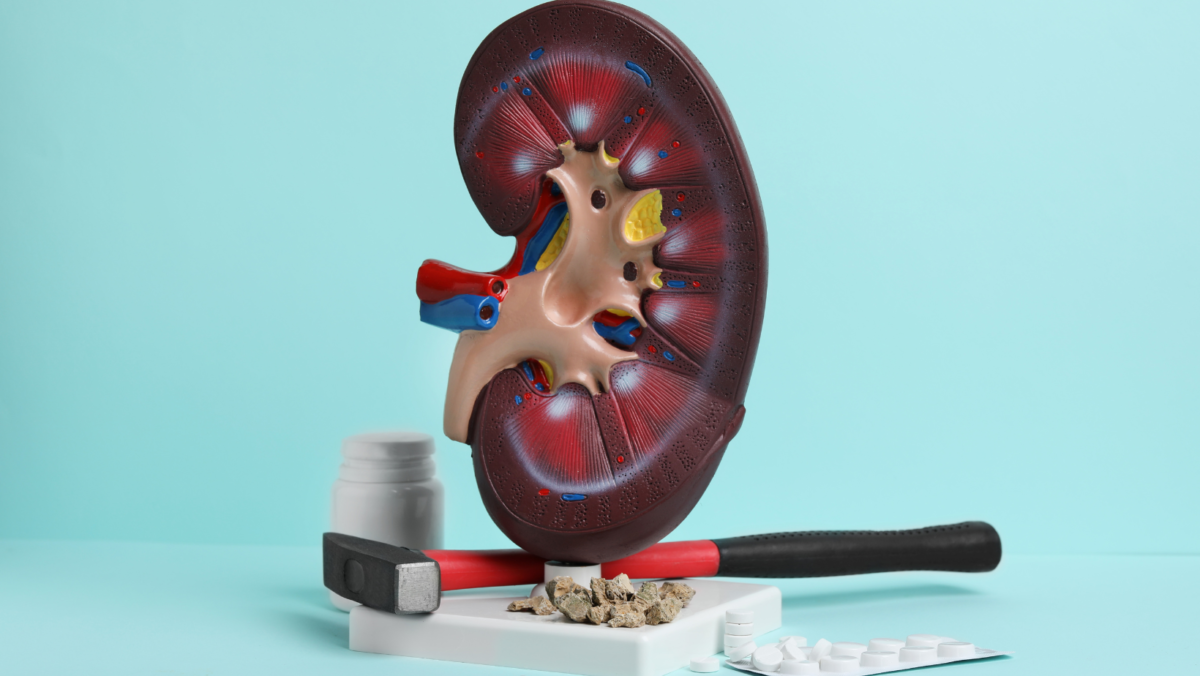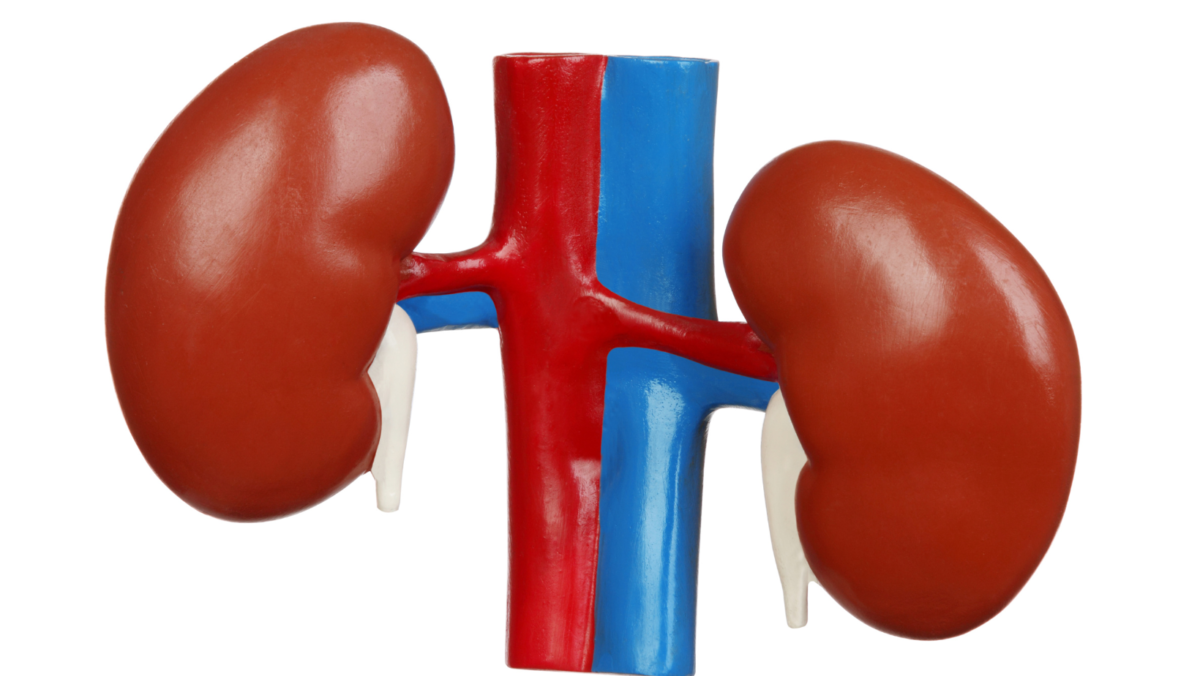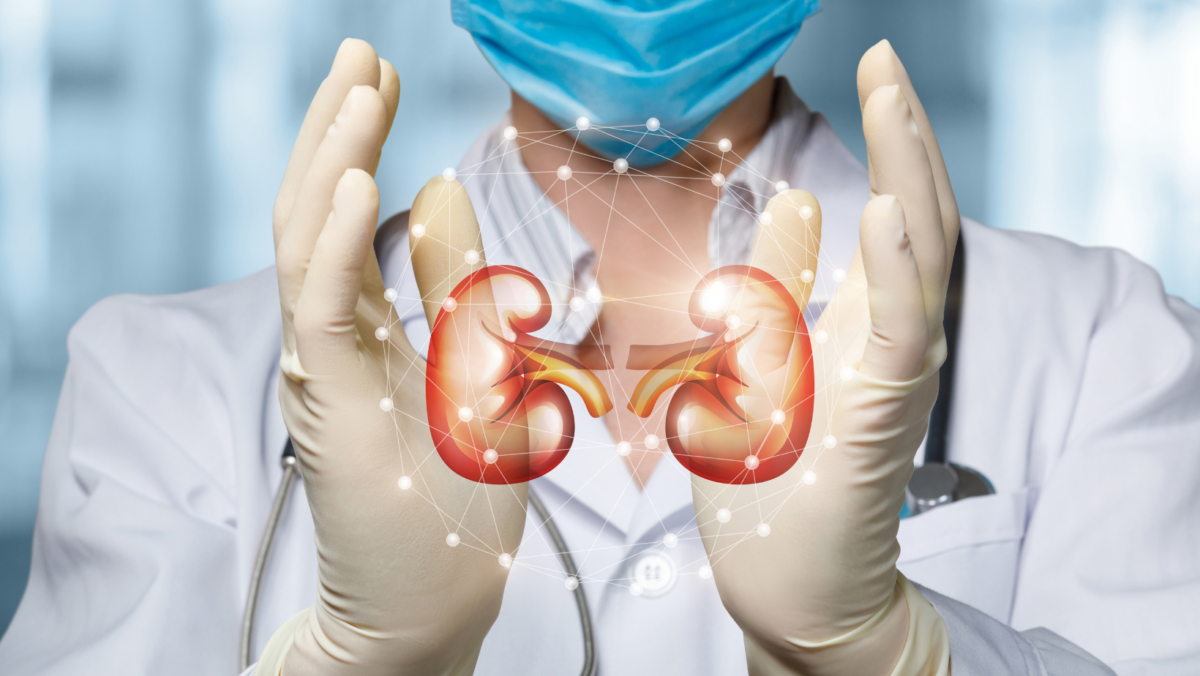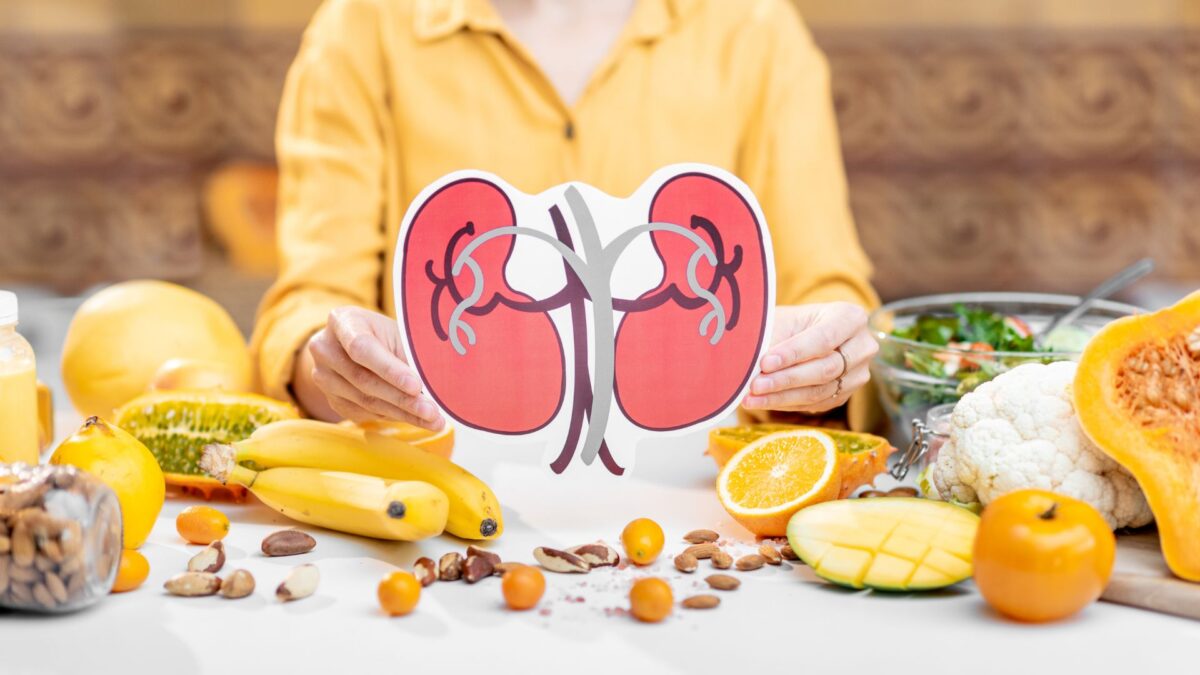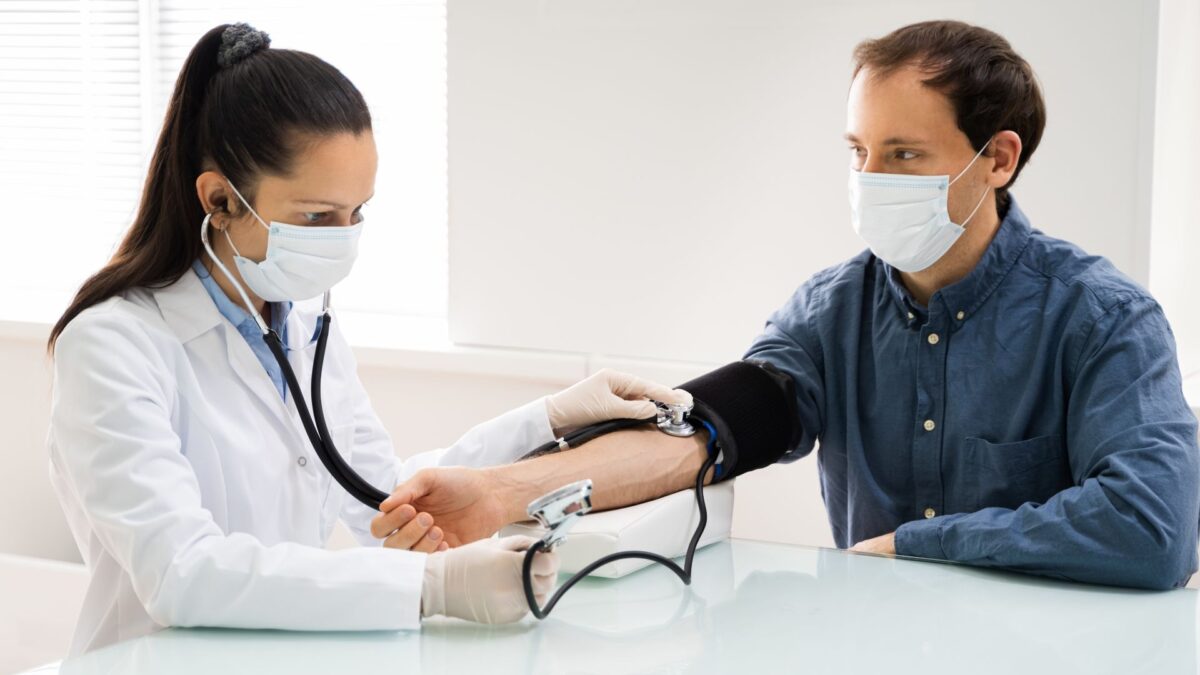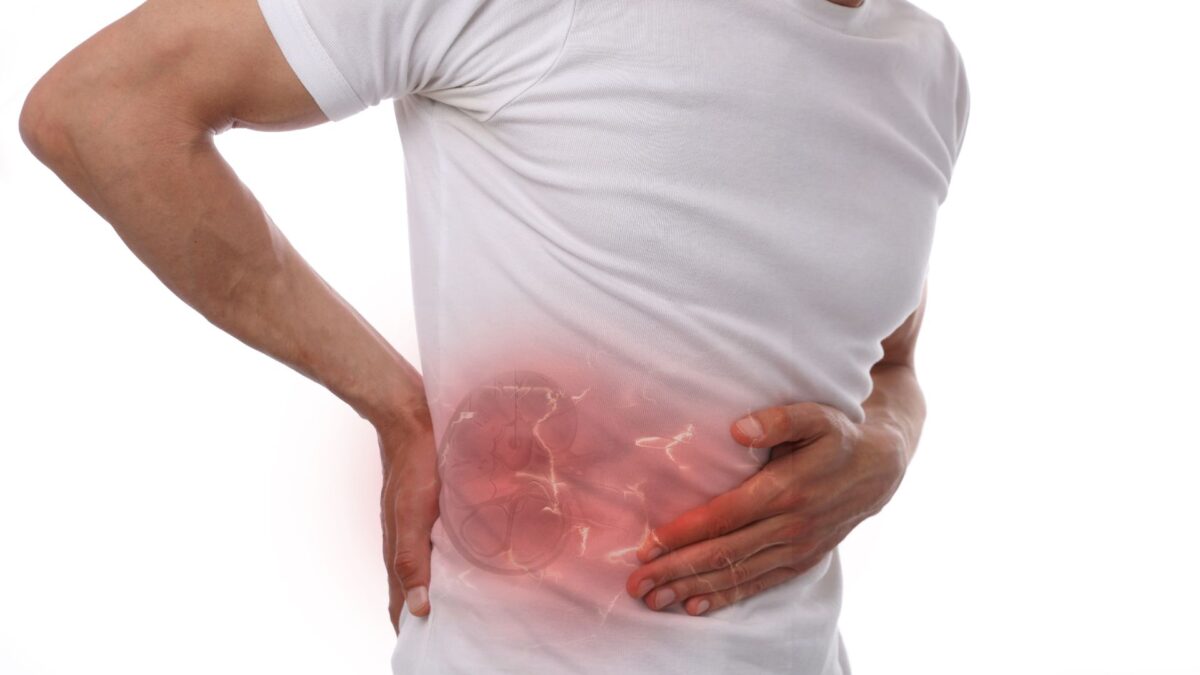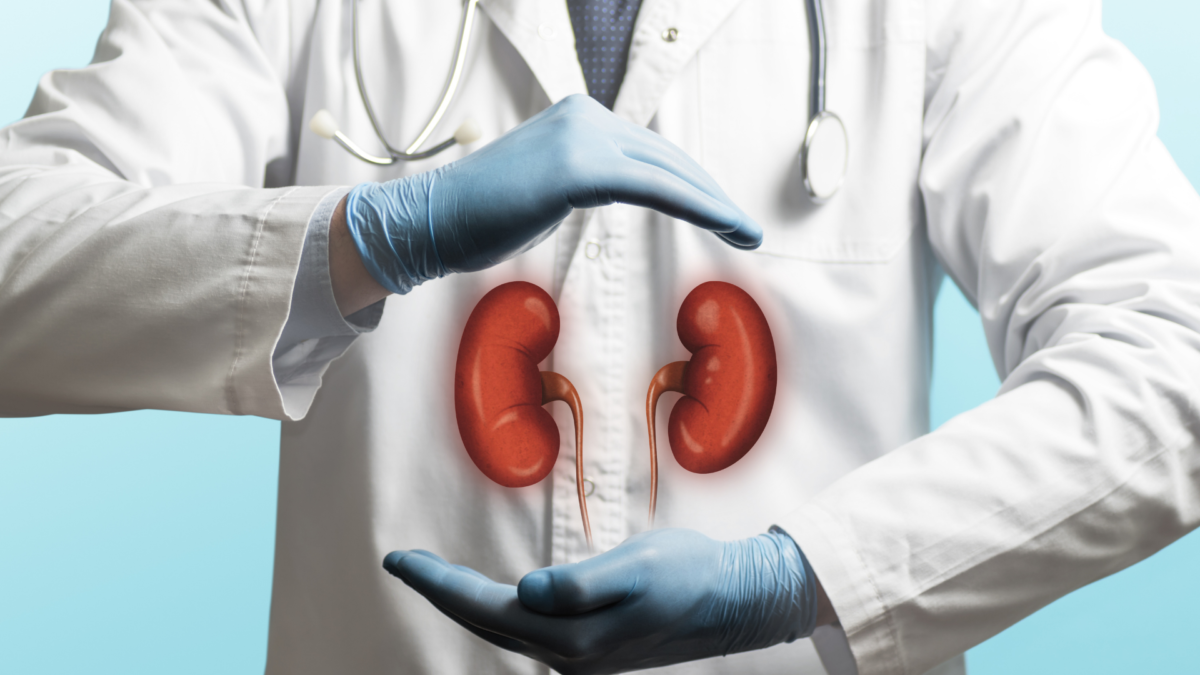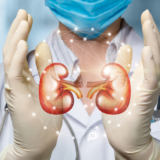Millions of people are affected by kidney disease, but most of them don’t even know it.
That’s because the early signs of kidney disease are often mistaken for something else. You might think that you’re just tired all the time or that you have a case of the flu. But sometimes, the signs can be a lot more obvious.
If you’re having trouble breathing, urinating a lot, or feeling tired and out of it, then it’s time to see a doctor and get checked out. Kidney disease doesn’t have to be a death sentence—early diagnosis and treatment can help you live a long and healthy life.
What Are the Tell-Tale Signs of Kidney Disease?
If you’re worried that you or a loved one might be suffering from kidney disease, it’s important to be aware of the tell-tale signs.
Some of the most common symptoms include excessive thirst, fatigue, swollen ankles and feet, and changes in urination habits. If you experience any of these symptoms, it’s important to see a doctor as soon as possible.
kidney disease can lead to several serious health complications, so it’s important to catch it early. With early diagnosis and treatment, most people with kidney disease can still lead full and healthy lives.
How Can Kidney Disease Be Diagnosed?
How can kidney disease be diagnosed? The truth is, there’s no one-size-fits-all answer to that question. It depends on the person’s symptoms and medical history.
But some tests can help doctors determine whether someone has kidney disease. One of the most common is a blood test, which can measure how well the kidneys are functioning.
Other tests include:
– Urinalysis: This test looks at the urine for evidence of infection, kidney stones, or other problems.
– Imaging tests: These tests create pictures of the kidneys and can help identify tumors, cysts, or other problems.
– Biopsy: In this test, a tiny piece of tissue is removed from the kidney and examined under a microscope.
What Are the Treatment Options for Kidney Disease?
You might be wondering what the treatment options are for kidney disease. Well, the good news is that there are many different treatment options available, and the best option for you depends on the stage of your kidney disease.
If you’re in the early stages of kidney disease, your doctor might recommend changes to your diet and lifestyle. You might also need to take medication to help control your condition. If your kidney disease is more advanced, you might need dialysis or a kidney transplant.
No matter what stage of kidney disease you’re in, it’s important to get regular checkups and see a doctor who specializes in kidney diseases.
What Are the Risks of Ignoring Kidney Disease?
What are the risks of ignoring kidney disease? Well, for one, it can lead to a lot of health problems. Left untreated, kidney disease can cause high blood pressure, heart problems, and even strokes.
But that’s not all. If you ignore kidney disease, it can also lead to serious, and sometimes irreversible, damage to your kidneys. In the worst-case scenario, you could even lose your kidneys altogether.
So if you think you might be at risk for kidney disease, don’t wait—see your doctor right away. The earlier you catch it, the easier it is to treat.
Conclusion
If you have any of the symptoms listed above, it’s important to see a nephrologist as soon as possible. Early diagnosis and treatment are essential for preserving kidney function and preventing other health problems.
Kidney disease doesn’t have to be a death sentence. With early diagnosis and treatment, most people with kidney disease can lead normal, healthy lives. Don’t wait – if you think you might have kidney disease, see a nephrologist today
